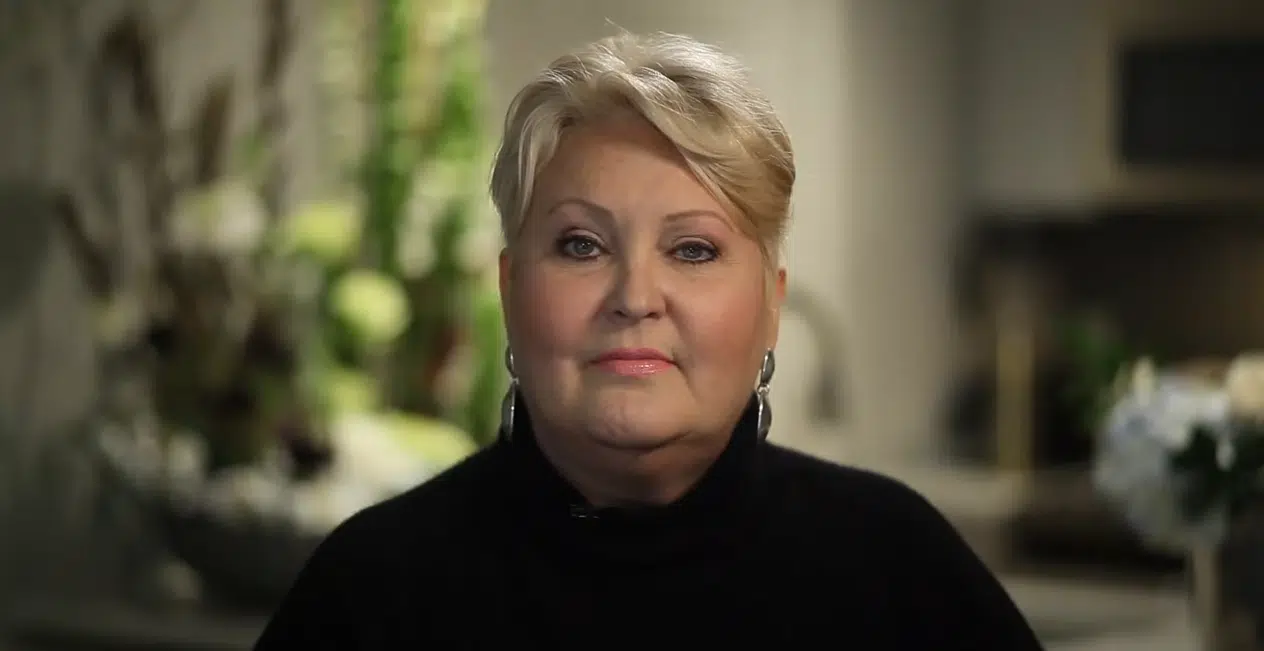
Audrey Parker. (Still from Dying with Dignity Canada YouTube)
The province is removing the requirement that a person’s natural death be “reasonably foreseeable” to be eligible for Medical Assistance in Dying (MAID).
Nova Scotia Health has also announced its implementation of Audrey’s Amendment in honour of the Nova Scotia woman who advocated for changes to be made to the legislation.
Audrey Parker of Halifax died sooner than she would have liked due to the rules around “late-stage” consent. The amendment in her honour eliminates the requirement that a person be completely conscious to provide consent at the time of their death.
The 57-year-old had Stage 4 breast cancer four years ago, which had spread to the lining of her brain. Parker wanted to share one last Christmas with her loved ones but was worried she wouldn’t be able to provide final consent if she waited.
She took to social media on November 1st, 2018 to share her final thoughts on the day of her medically assisted death.
“Dying is a messy business. I can’t predict when cancer will move into my brain matter or when something else big happens to make me more unwell,” Parker wrote. “I wanted to make it to Christmas and New Year’s Eve, my favourite time of the year, but I lost that opportunity because of a poorly thought out federal law. I just can’t gamble with my end of life and the pain I endure.”
She urged Canadians to call for changes to the legislation. Public Health says the changes announced today will come into effect immediately.
“It is vital that we ensure our policies and procedures reflect the changing landscape around MAID and all clinical areas,” says Dr. Nicole Boutilier, Vice President of Medicine at Nova Scotia Health, in a news release. “The new documents demonstrate our commitment to patients and clinicians in safeguarding the highest standard of care.”
The full list of changes include the following:
- revised processes
- updated clinical documentation
- recent changes to the federal MAID legislation
- witness requirements
- eligibility criteria
- waiver of final consent
The Senate of Canada gave royal assent to Audrey’s Amendment in March 2021.





Comments